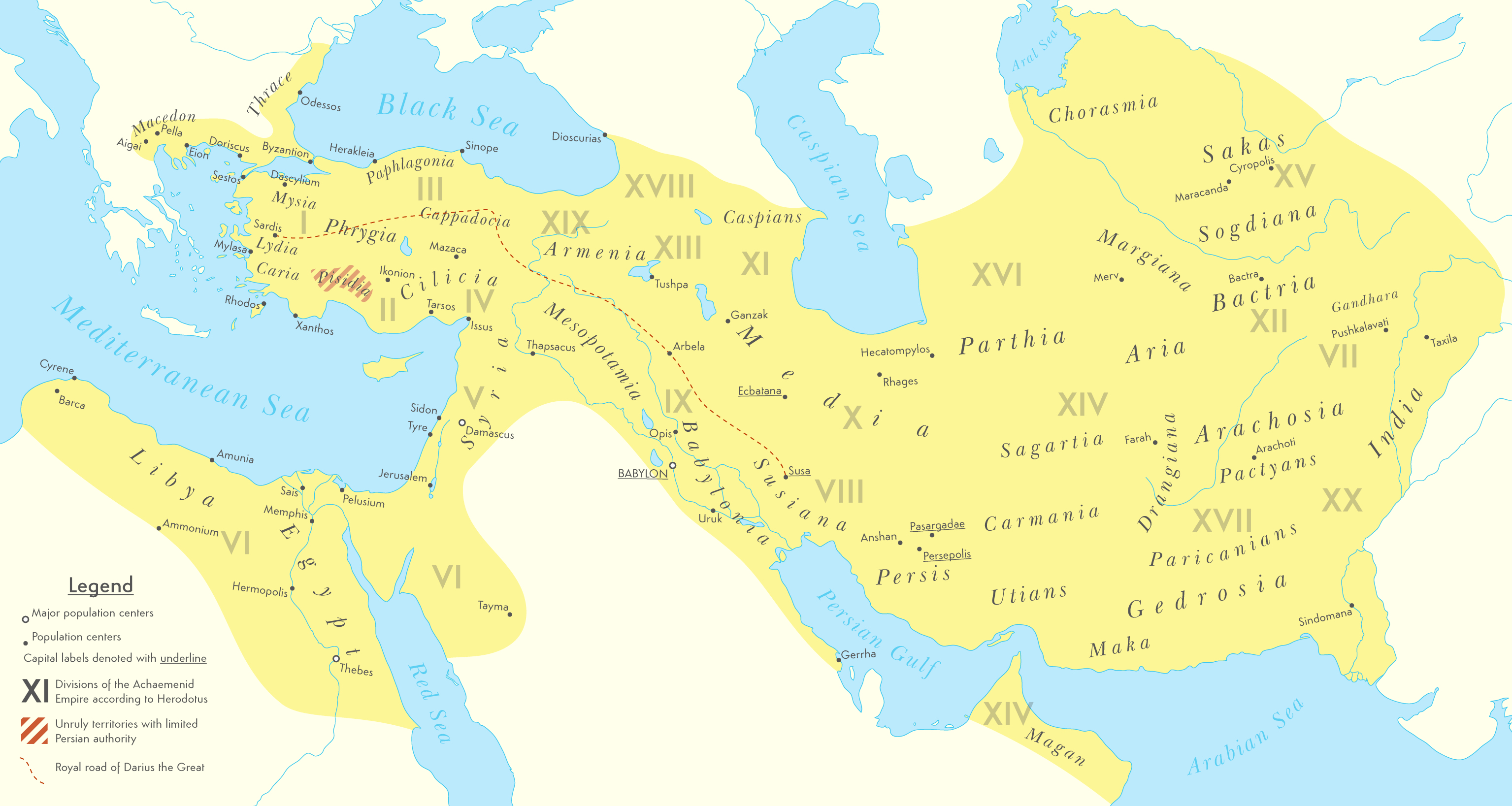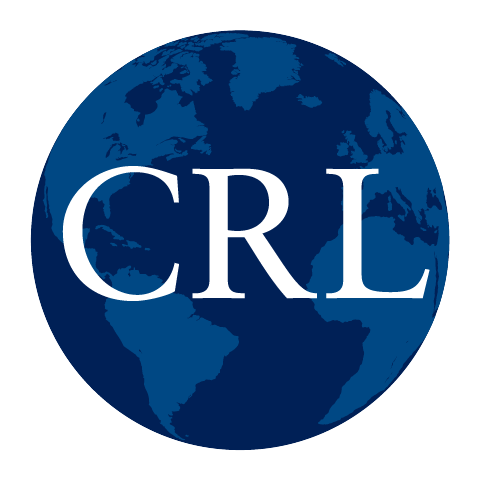Kuwait
 Kuwait,; , , or }} officially the State of Kuwait,, ''''}} is a country in West Asia and the geopolitical region known as the Middle East. It is situated in the northern edge of the Arabian Peninsula at the head of the Persian Gulf, bordering Iraq to the north and Saudi Arabia to the south. With a coastline of approximately , Kuwait also shares a maritime border with Iran, across the Persian Gulf. Kuwait is a city-state, most of the country's population reside in the urban agglomeration of Kuwait City, the capital and largest city. , Kuwait has a population of 4.82 million, of which 1.53 million are Kuwaiti citizens while the remaining 3.29 million are foreign nationals from over 100 countries. Kuwait has the world's third largest number of foreign nationals as a percentage of the population, where its citizens make up less than 30% of the overall population.
Kuwait,; , , or }} officially the State of Kuwait,, ''''}} is a country in West Asia and the geopolitical region known as the Middle East. It is situated in the northern edge of the Arabian Peninsula at the head of the Persian Gulf, bordering Iraq to the north and Saudi Arabia to the south. With a coastline of approximately , Kuwait also shares a maritime border with Iran, across the Persian Gulf. Kuwait is a city-state, most of the country's population reside in the urban agglomeration of Kuwait City, the capital and largest city. , Kuwait has a population of 4.82 million, of which 1.53 million are Kuwaiti citizens while the remaining 3.29 million are foreign nationals from over 100 countries. Kuwait has the world's third largest number of foreign nationals as a percentage of the population, where its citizens make up less than 30% of the overall population.The territory of modern-day Kuwait has been occupied by humans since antiquity, particularly due to its strategic location at the head of the Persian Gulf near the mouth of the Tigris and Euphrates rivers. In the early 18th century, the territory of modern-day Kuwait was under the jurisdiction of the Bani Khalid clan; then the territory became known as the Sheikdom of Kuwait and a British protectorate in 1899. Prior to the discovery of oil reserves in 1938, the territory of modern-day Kuwait contained a regional trade port. The protectorate agreements with the United Kingdom ended in June 1961 when Kuwait officially became an independent state.
From 1946 to 1982, Kuwait underwent large-scale modernization, largely based on income from oil production. In the 1980s, Kuwait experienced a period of geopolitical instability and an economic crisis following the stock market crash. It suffered pro-Iranian attacks during the Iran–Iraq War, as a result of Kuwait's financial support to Iraq. In 1990, the state of Kuwait was invaded, installed a puppet regime, and subsequently annexed by Iraq under the leadership of Saddam Hussein following disputes over oil production. The Iraqi occupation of Kuwait ended on 26 February 1991, after a U.S. and Saudi Arabia–led international coalition expelled Iraqi forces from the country during the Gulf War.
Like most other Arab states of the Persian Gulf, Kuwait is an emirate; the emir is the head of state and the ruling Al Sabah family dominates the country's political system. Kuwait's official state religion is Islam, specifically the Maliki school of Sunni Islam. Kuwait is a high-income economy, backed by the world's sixth largest oil reserves. Kuwait is considered to be a pioneer in the region when it comes to the arts and popular culture, often called the "Hollywood of the Gulf"; the nation started the oldest modern arts movement in the Arabian Peninsula and is known to have created among the leading artists in the region. Kuwaiti popular culture, in the form of theatre, radio, music, and television soap opera, is exported to neighboring Gulf Cooperation Council (GCC) states. Kuwait is a founding member of the GCC and is also a member of the United Nations, the Arab League, and OPEC. Provided by Wikipedia
-
1
-
2Published 1962Kuwait : [s.n., 1962?]21 leaves ; 33 cm.Also issued in microfiche.“...Kuwait...”
LLMC Digital
Online Resource -
3Published 1962[Kuwait] : Kuwait Government Press, [1962]1 online resource (35 pages) : portrait.“...Kuwait...”
LLMC Digital
Online Resource -
4
-
5
-
6Published 1976[New York] : Permanent Mission of the State of Kuwait to the United Nations, -1976.13 v. : ill. ; 28 cm.“...Kuwait. Mission to the United Nations...”
-
7New York, Mission of the State of Kuwait to the United Nations.1 v. ill.“...Kuwait. Mission to the United Nations...”
-
8Published 1984New Delhi : PHD Chamber of Commerce and Industry, [1984]iii, 80 p. ; 28 cm.“...PHDCCI Delegation to United Arab Emirates, Kuwait, and Bahrain...”
-
9Published 1983[Jakarta] : Departemen Perdagangan, Team Koordinasi Kegiatan Ekspor Timur Tengah, [1983]iii, 4, 21, [36] leaves ; 32 cm.“...Diskusi Panel Peningkatan Hubungan Dagang Indonesia Dengan Kuwait & Persatuan Emirat Arab Jakarta...”

